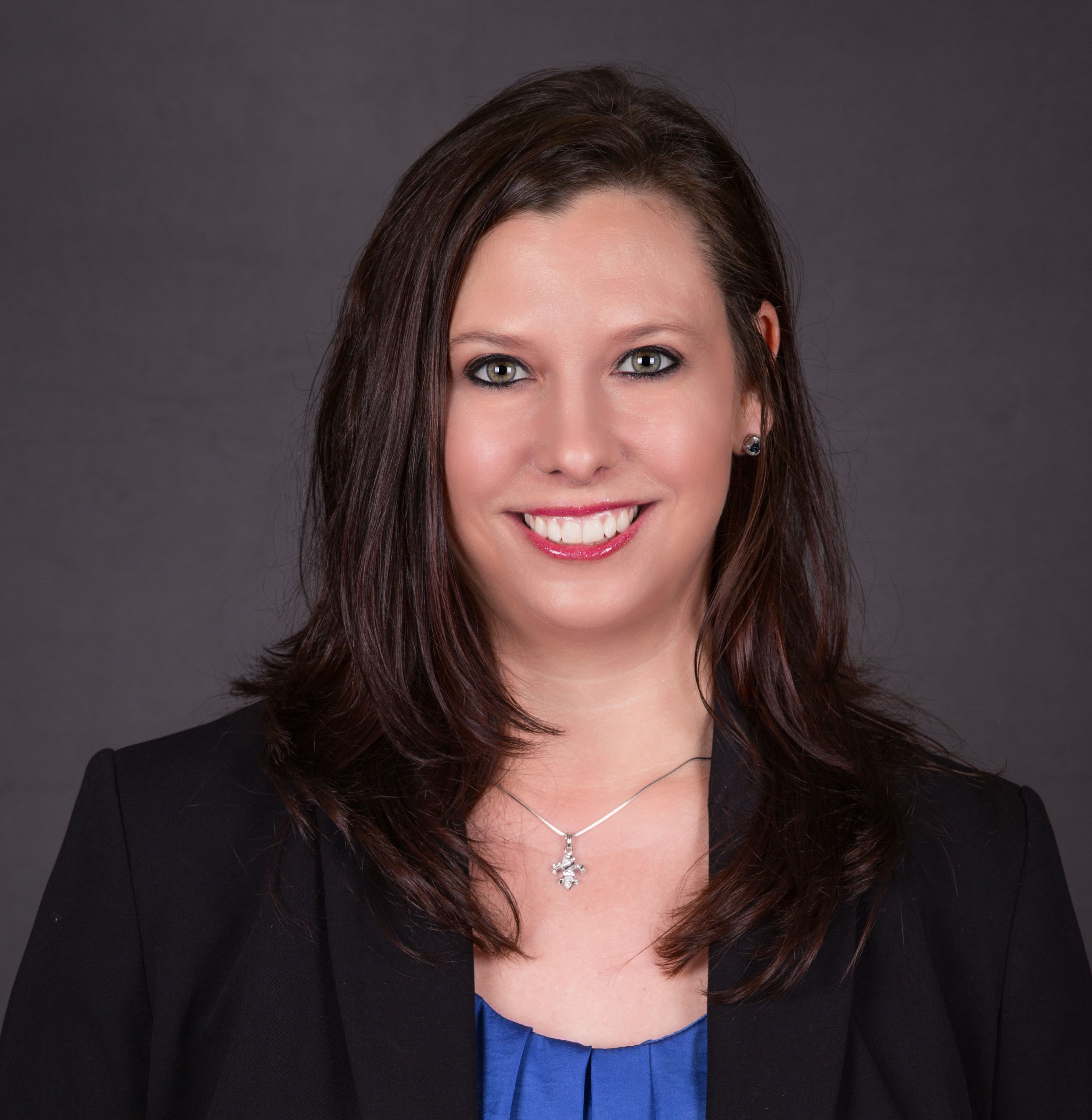Television commercials promote reverse mortgages as an easy financial solution for seniors. If a senior is struggling financially during their retirement years, a reverse mortgage appeals to them because it lets them remain at home and draw money. The final outcome of a reverse mortgage isn't as glamorous as the commercials portray. Understanding the implications for your active-adult community is important for preventing misconceptions about reverse mortgages and HOAs.

Reverse Mortgages 101
First, it is important to know what a reverse mortgage is and what it means for homeowners. Reverse mortgages are a type of mortgage lending that targets home or condo owners age 62 or older. These homeowners have mortgages that are either paid in full or close to it. Under a reverse mortgage, homeowners can draw on the equity they've built into their home by receiving either a lump sum payout or payments over time.
The amount is paid back to the reverse mortgage lender when one of the following occurs:
- The homeowner sells the home.
- The homeowner has moved to another home or facility for longer than a year.
- The homeowner dies.
Owners must maintain the home and pay property taxes and insurance throughout the term of the loan. A reverse mortgage is typically for a term of seven years. If the property owner's heirs are not willing or are unable to repay the loan, the property enters into foreclosure. For active-adult associations, foreclosed properties may drive down property values in the association.
FHA Certification
The Federal Housing Administration (FHA) is the leading insurer of reverse mortgages. This simply means that the FHA is willing to guarantee some of the risks associated with making the loan.
HOAs are not required to apply for FHA certification. There are a variety of reasons why many choose not to apply, however, not doing so can prevent a member from applying for an FHA-backed reverse mortgage.
Should a home or condo unit fall into foreclosure, an association's lien on the property for common fees can take priority over that of the mortgage company—if the HOA is not FHA certified. Deciding whether FHA certification is right for your active-adult community is a board decision that requires careful thought.
Some industry experts suggest that a board doesn't really have a say in an owner's decision to apply for a reverse mortgage. Others recommend developing specific language for the association's governing documents that explains what happens and why, if a property is foreclosed upon.
Educating community members about reverse mortgages and how one can affect the HOA helps everyone. While a reverse mortgage can alleviate financial stress for some members, it can also lead to a complicated mess when it comes to foreclosure. Communicating how a reverse mortgage may affect your particular association is a proactive step for creating informed property owners.
About GrandManors
Our experience managing properties—like that of active-adult communities—provides our team with skills that are invaluable for boards. At GrandManors, our professional staff offers active adult community management that is result-driven. We work hard to support boards as they face tough decisions regarding what's best for their community.
GrandManors offers professional on-site management with a focus on high-quality service. We build a strong sense of community by creating engagement through activities that foster friendships. Let GrandManors help your board by providing guidance for efficient communication when it comes to reverse mortgages, or any other important topic facing your association.
We realize board members are volunteers with other time commitments. Partnering with GrandManors can lessen your load and create a community that thrives. To learn more about our services, contact us today.
